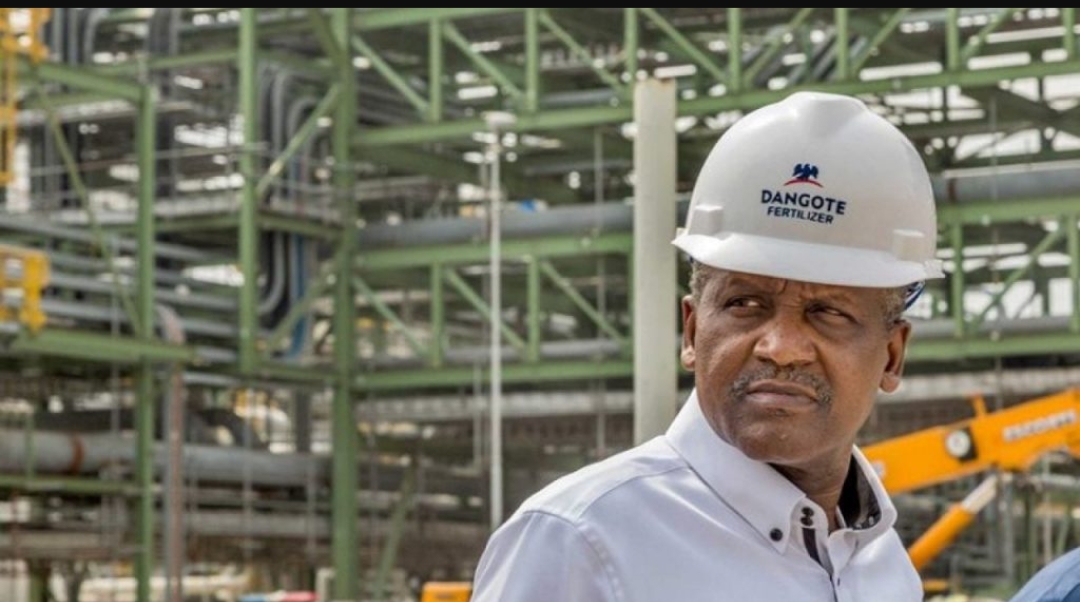
By Edu Abade
International Oil Companies (IOCs) in Nigeria and the Nigerian Midstream and Downstream Petroleum Regulatory Authority (NMDPRA) have been accused of frustrating the operations of Dangote Refinery by deliberately inflating the price of local crude and hindering supplies to the refinery.
Vice President, Oil and Gas at Dangote Industries Limited (DIL), Devakumar Edwin, made the allegation recently at a one-day training programme organized for journalists by the Dangote Group.
Edwin said the IOCs were forcing the local refinery to buy crude feed from locations outside Nigeria even as far as the United States of America (USA) by willfully inflating the price of local premium crude above the international market rate.
He also decried the connivance of the sector regulator, the NMDPRA for continuing to grant licenses for importation of banned dirty diesel and jet fuel despite availability of the products locally.
He maintained that Dangote Refinery deserves government’s backing for being the first of the 25 companies that got licenses from the Federal Government to have completed the building of the local refinery.
“It is good to note that from the commencement of production, over 3.5 billion litres, which represents 90 per cent of our production, have been exported. We urge the Federal Government and regulators to give us the necessary support in order to create jobs and prosperity for the nation,” Edwin stated.
He, however, commended the Nigerian Upstream Petroleum Regulatory Commission (NUPRC) for its efforts to allocate crude to the facility but condemned the IOCs for deliberately doing the contrary.
It would be recalled that the NUPRC recently met with crude oil producers and refineries owners in Nigeria to facilitate compliance with Domestic Crude Oil Supply Obligations (DCSO), in line with the Petroleum Industry Act (PIA).
Edwin also noted that by their actions, the IOCs were only interested in the status quo where they keep shipping Nigeria’s cheap crude to their home countries and bringing in the expensive refined products to keep Nigeria dependent on their countries.
“It is the same strategy the multinationals have been adopting in every commodity, keeping Nigeria and Sub-Saharan Africa in severe unemployment and poverty, while they create wealth for themselves at our expense.
“This is exploitation–pure and simple! Unfortunately, the country is also playing into their hands by continuing to issue import licenses at the expense of our economy and at the cost of the health of the Nigerians who are exposed to carcinogenic products,” he said.
Edwin urged the Nigerian Government and legislature to intervene with speedy implementation of the PIA to the nation’s interest, adding: “Recently, the Ghanaian government banned the importation of highly contaminated diesel and PMS into the county through legislation.
“It is regrettable that in Nigeria, import licenses are still being granted despite knowing that we have the capacity to produce nearly double the amount of products needed in Nigeria and even export the surplus.”
The Dangote Refinery was expected to facilitate availability of petroleum products in Nigeria to meet local demand and save the country billions of dollars in foreign exchange used for import of the products annually.









